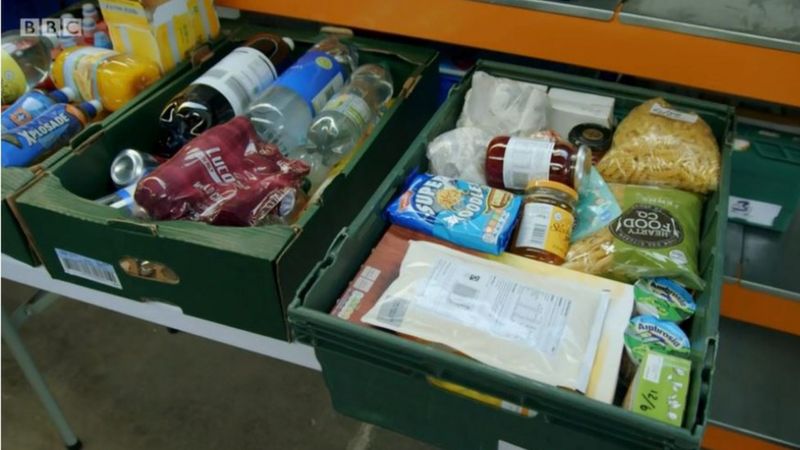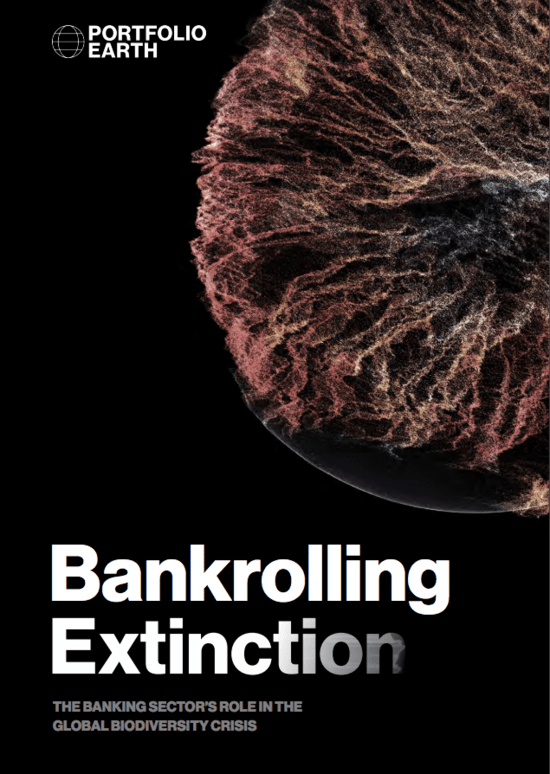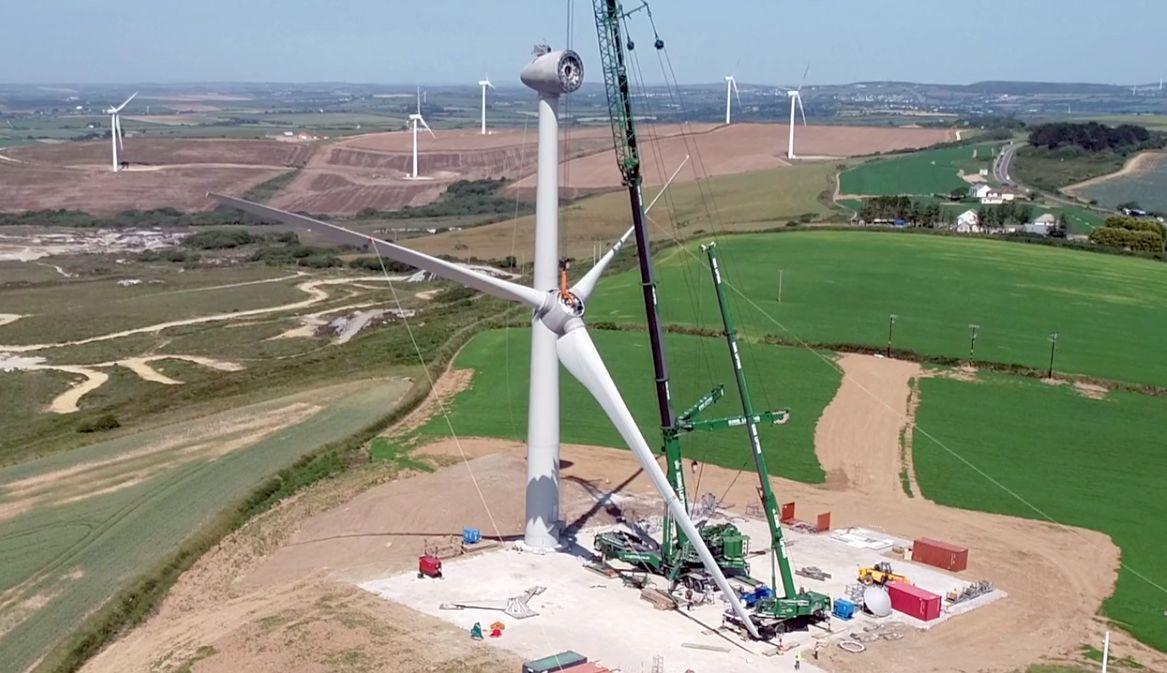Talking Points: November 2020
Posted on 02 Dec 2020 Categories: Blog, Climate crisis, Coronavirus, Inequality, Local initiatives, Talking Points
by Rethinking Poverty
A recent article by Gordon Brown in the New Statesman bore the title ‘How to save the United Kingdom’ – and he is not alone in painting a bleak picture of the UK today. This month’s Talking Points reports on a rising tide of child poverty, the urgent need for an effective anti-poverty strategy coming from think-tanks of all political stripes, and the many prescriptions on offer for how to #BuildBackBetter. Local action provides inspiring examples, but it is being held back by the lack of state support for local authorities.
Crisis of child poverty
The last month has seen a sustained focus on rising child poverty. On 2 November, Gordon Brown warned that child poverty was set to become a ‘national crisis’, likely to rise beyond 5 million. ‘That’s five million children, many who go to school ill-clad and hungry … many who are denied the chance to reach their potential.’ On the same day, Joseph Rowntree Foundation’s Poverty in Wales 2020 reported that ‘Even before coronavirus, almost a quarter of people in Wales were in poverty (700,000) living precarious and insecure lives. The risk for children alone was higher with 3 in 10 children living in poverty.’
New figures from the Resolution Foundation show that almost one in four UK adults had a lower income in September than before the coronavirus hit, while new research published by the End Child Poverty coalition reveals that in some parts of London and Birmingham, more than half of children are living in poverty after housing costs are taken into account.
Finally, new analysis by the Legatum Institute, published on 30 November, shows that almost 700,000 people in the UK, including 120,000 children, have been plunged into poverty as a result of the Covid economic crisis. This has pushed the total number of people in the UK living in poverty to more than 15 million – 23 per cent of the population – demonstrating a ‘clear need for a comprehensive anti-poverty strategy to be placed at the heart of the UK’s Covid recovery response’.
Food banks are not the answer

According to the Trussell Trust, the UK’s biggest food bank, there was a ‘shocking 47% increase in need’ between April and September, with 2,600 food parcels distributed for children every day. The charity warns that these figures are just the ‘tip of the iceberg’, as many people will have been helped by other community groups. Food banks are ‘a sticking plaster’, said chief executive Emma Revie. ‘It’s not just about ending food banks, it’s about finding an alternative to the need for mass distribution of charity food in the fifth wealthiest country in the world.’
Meanwhile, Don Gardner from Transformation CPR Foodbank, interviewed for Cornwall with Simon Reeve, said the interview had prompted an ‘unbelievable’ response after it aired on BBC Two, with £160,000 donated in five days, topping by far the sum usually donated over two years.
Permanent increase in Universal Credit needed
‘The first thing they’ve got to do is ensure the £20 a week on Universal Credit continues beyond March next year,’ said Gordon Brown. ‘Locking in the £20 uplift to universal credit and tax credits … would significantly reduce the numbers coming to food banks in the next year,’ said Emma Revie.
The chancellor should both ‘commit to keeping the £20 a week increase to Universal Credit’ and ‘finally extend the same support to those on legacy benefits’, said JRF on 18 November, in anticipation of the coming Spending Review, due a week later. The Big Issue also demanded extension of the increase to Employment and Support Allowance and other benefits paid to people with disabilities – to ‘ensure disabled people are not left without a “financial lifeline”’.
Spending Review does little to tackle poverty
Despite the growing chorus of demands for the increase in Universal Credit to be made permanent, and the growing public support for more generous welfare benefits reported in October’s Talking Points, chancellor Rishi Sunak refused to commit to retaining the £20 per week universal credit uplift when he outlined the Spending Review, instead delaying a decision until January. Sadly, a JRF briefing concludes, the government’s Spending Review allocated ‘scant resources’ to tackling ‘many of our economic challenges that trap people in poverty’.
The announcement of a pay freeze for many public sector workers from next April (excluding NHS workers and the lowest paid) will be a further blow to many – especially given that the key people keeping the nation going during the pandemic were already ‘up to £2,500 worse off in real terms than 10 years ago’ if inflation is taken into account.
A plethora of recipes to #BuildBackBetter
One suggestion is a four-day week. The UK, Germany, Spain and other countries should adopt a four-day week to help their economies recover from the coronavirus pandemic, say former shadow chancellor John McDonnell and a group of leftwing politicians and union officials from across Europe in a letter sent to Boris Johnson, Angela Merkel and other leaders. ‘For the advancement of civilisation and the good society, now is the moment to seize the opportunity and move towards shorter working hours with no loss of pay.’
The New Economics Foundation’s Winter Plan for Jobs, Income and Communities, produced for the Build Back Better coalition, sets out three things the government must do to set us on course for a better future: protect incomes by providing a living income of at least £227 a week; protect jobs by guaranteeing that workers can be furloughed for as long as needed; and invest to create over a million new low-carbon jobs and reskill people to take these up in the next 18 months.
Meanwhile, the Carnegie UK Trust’s report Building Back for the Better outlines six propositions for the medium-term recovery and to ensure that we ‘use what we have learned not just to repair the immediate damage but to also consider how to make our economic, social and democratic structures fit for the future’, starting with making national wellbeing the goal.
A green recovery?
 Bankrolling Extinction, a report produced by portfolio.earth, a new initiative led by finance, economics and environmental experts, says the world’s banks must start to value nature and stop paying for its destruction. Last year, the world’s 50 biggest banks provided $2.6 trillion (£1.9 trillion) in loans and other credit to sectors with a high impact on biodiversity, such as forestry and agriculture. With new policies and limited recovery funds, governments could steer trillions of dollars of private capital towards a nature-positive response to coronavirus without returning to business as usual.
Bankrolling Extinction, a report produced by portfolio.earth, a new initiative led by finance, economics and environmental experts, says the world’s banks must start to value nature and stop paying for its destruction. Last year, the world’s 50 biggest banks provided $2.6 trillion (£1.9 trillion) in loans and other credit to sectors with a high impact on biodiversity, such as forestry and agriculture. With new policies and limited recovery funds, governments could steer trillions of dollars of private capital towards a nature-positive response to coronavirus without returning to business as usual.
New analysis from the We Mean Business coalition finds that green recovery plans boost income, employment and GDP better than return-to-normal stimulus measures, as well as reducing emissions.
Effectiveness of local action
There is growing evidence that local action, from cities and small communities alike, can be effective in achieving change. Barcelona has launched an ambitious 10-year plan to reclaim the city’s streets from cars and cut down pollution with the creation of green spaces and public squares. This is basically an extension of the so-called superblocks policy, introduced in 2016. While cars aren’t banned, the superblocks are car-unfriendly, providing an oasis of quiet in a city that has the highest level of car ownership in the EU. At the other end of the scale, the Carnegie UK Trust’s Pooling Together, not pulling apart focuses on four community hubs that have been a critical part of the emergency response to coronavirus, demonstrating strong leadership, creativity and partnership working.
The Guardian’s John Harris also pays tribute to the way local people have improvised during the pandemic. He reports on Buckfastleigh, a small Devon town with high levels of deprivation, and a town council run by a new force called the Buckfastleigh Independent Group. Devon county council gave the town only £500 for Covid response work during the first lockdown, about 13p per resident. But by that point, the town council had already directed £20,000 into a relief programme including supplies of food and medicines, activity books for local children, and YouTube videos capturing the start of spring for people trapped indoors. In essence, he says, this is about ‘a big increase in the number of people getting involved in where they live, and looking for ways to do more of it’. ‘Whether we can reshape our systems of power and politics to accommodate them strikes me as one of the key questions of this crisis, and the uncertain, turbulent future to come,’ says Harris.
State support needed
One big barrier to this sort of action is councils’ lack of funds. ‘Swingeing cuts and a lack of support from central government have hampered local authority attempts,’ says Bristol Green Party councillor Carla Denyer. Three-quarters of local authorities across the UK have now made their own climate emergency declarations, and hundreds of council initiatives are under way – including Cornwall investing in a 3MW wind turbine and two deep geothermal projects and Dundee council building a hydrogen transport system – but councils are being hamstrung by ‘deep cuts from central government and a lack of leadership from ministers’.

How to save the United Kingdom
This is how Gordon Brown represents the scale of the crisis the UK faces. In his view, Britain is breaking down, with ‘the inequalities between our regions now wider and deeper than in any other major advanced economy worldwide’. ‘If there is to be any sense that we are all in this together, all regions and nations need to be part of a post-Covid resolution of our future.’ We will have to ensure that ‘resources, opportunities and power are redistributed fairly across the country’; create a decision-making Council of the Regions and Nations and new UK-wide institutions that reflect our ‘multinational, regionally diverse state’. Finally, what he considers ‘the most important pillar of all’: ‘To offer people hope of a shared future, we need to agree on the shared values we all espouse and the rights, responsibilities and opportunities we can expect as citizens of the UK. We should ask a Constitutional Convention to draw up a new UK constitution to set this out.’
Writing in the Guardian a few days earlier, Brown describes the UK as ‘a country very fragmented, very polarised and very divided – more divided than I have ever seen it before’. ‘If they don’t announce a new anti-poverty programme they will face a rebellion across the country,’ he said.
In case this is seen as overly dramatic, a recent Guardian article reports on a confidential Cabinet Office briefing warning that ‘Brexit, Covid, flu, flooding and unrest could lead to chaos’ and ‘an increased likelihood of “systemic economic crisis”’, which ‘could raise the risks of a breakdown in public order and a national mental health crisis’.
John Harris paints a similarly stark picture. ‘Compared with where we were in early 2020,’ he writes, ‘this is now a different country, isn’t it? The emergence of Black Lives Matter is not the only big change that feels like it will last. The divide between the north and south of England, and the inequalities it embodies, have arguably not been as prominent since the 1980s. The ties that bind the UK are loosening at speed. The impossibilities of the benefits system are now being endured by hundreds of thousands of people who have never had such an experience.’ The dream of going ‘back to normal’ is a huge distraction from the need for change, he concludes.
Want to keep up-to-date with more articles like this? Sign up to our newsletter.
Posted on 02 Dec 2020 Categories: Blog, Climate crisis, Coronavirus, Inequality, Local initiatives, Talking Points

